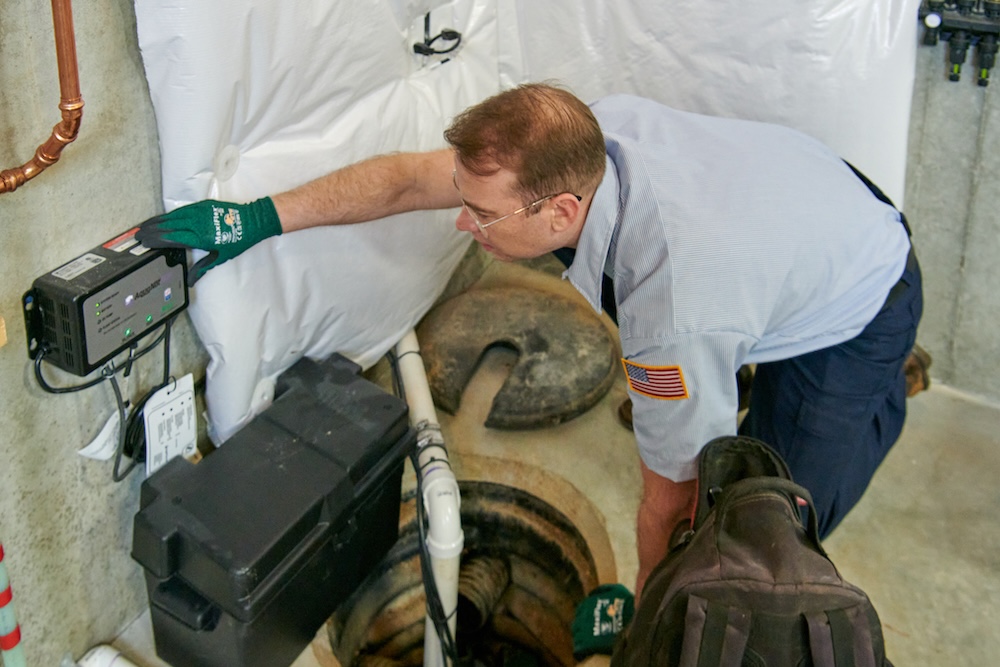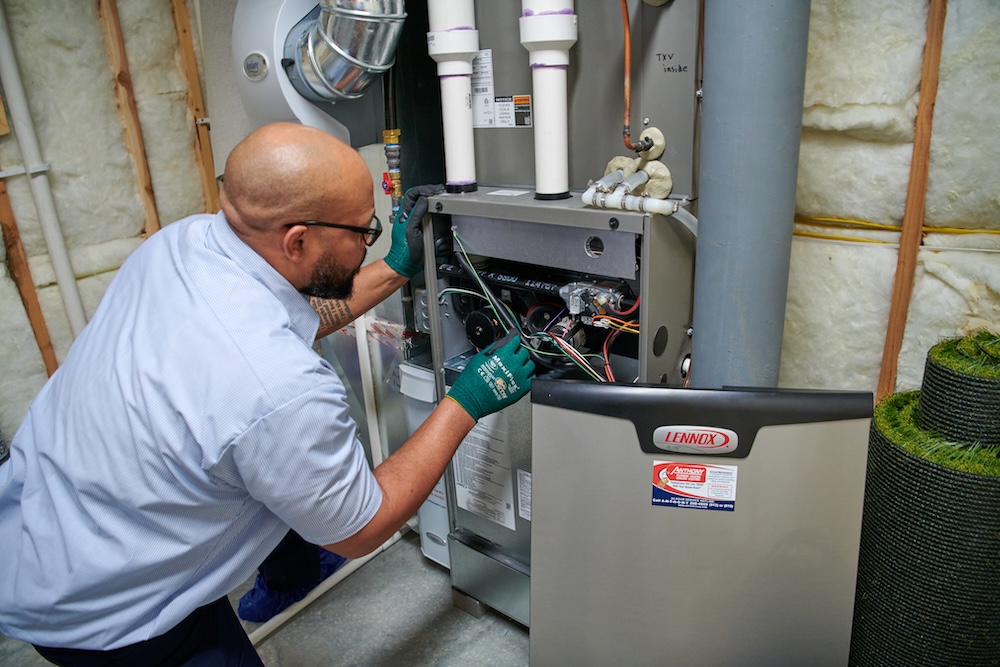BLOG
When And Why Should You Install A Tankless Water Heater?
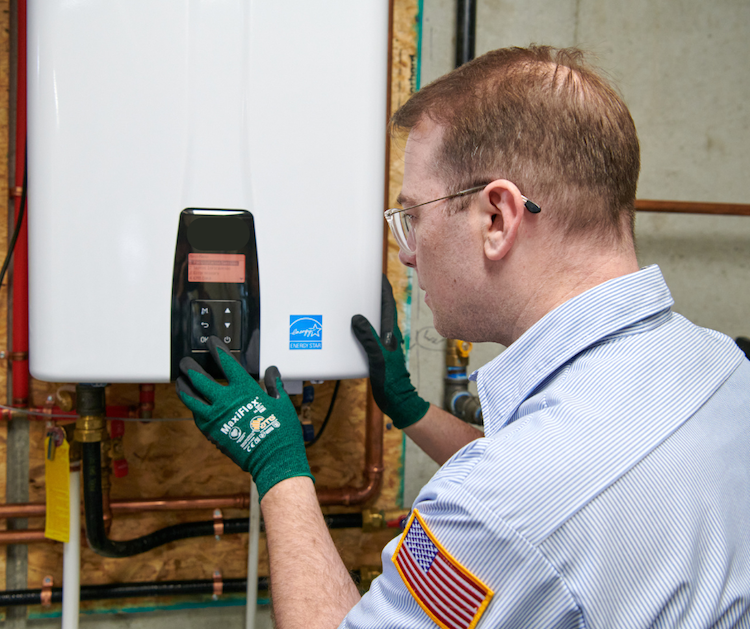
Deciding when to replace any home system—be it heating, cooling, or plumbing—can be a daunting task.
It's also difficult to know when the right time might be for an upgrade or replacement. When it comes to tankless water heaters, knowing when to make the change is crucial for continuous efficiency and reliability.
When to Replace Your Tankless Water Heater
- Age of the Unit: If your tankless water heater shows signs of aging, it may be tie to consider a replacement.
- Frequent Repairs: Are repairs becoming more frequent and costly? This is a sign that your unit is nearing the end of its useful life.
- Decreased Efficiency: Notice an increase in your energy bills? Your water heater may be losing efficiency.
- Inconsistent Performance: Fluctuating water temperatures or reduced hot water flows can mean you’re experiencing water heater issues.
- Visible Damage: Any signs of visible wear or corrosion can indicate that a water heater replacement is necessary.
Delaying the replacement of a failing tankless water heater can lead to more than just cold showers. A malfunctioning unit can lead to a significant increase in your utility bills, pose a risk of water damage from leaks, and ultimately fail to provide hot water when you need it the most.
Addressing these issues promptly ensures comfort, efficiency, and safety.
The Benefits Of An Upgraded Tankless Water Heater
Upgrading to a new tankless water heater offers numerous benefits. Modern units are more energy-efficient, reducing operating costs over time. These systems guarantee an uninterrupted flow of hot water whenever you need it, preventing any shortages.
Additionally, newer models are compact and can be installed in smaller spaces, freeing up room in your home. Improved technology also means better durability and fewer maintenance issues.
Tankless Water Heaters: Electric Vs. Gas
Choosing between electric and gas tankless water heaters involves weighing several key factors tailored to your home’s needs and the specifics of your water supply.
Electric tankless water heaters are typically easier to install, often only requiring adjustments to your home’s electrical system, as opposed to the extensive gas pipes needed for gas tankless water heaters.
Electric models require less maintenance, do not need expansion tanks, and are considered safer as they don't involve combustion.
These systems might also have higher operating costs, particularly if local electricity prices are high. They heat the water as it flows through heat exchangers, but the flow rate might be lower than in gas models.
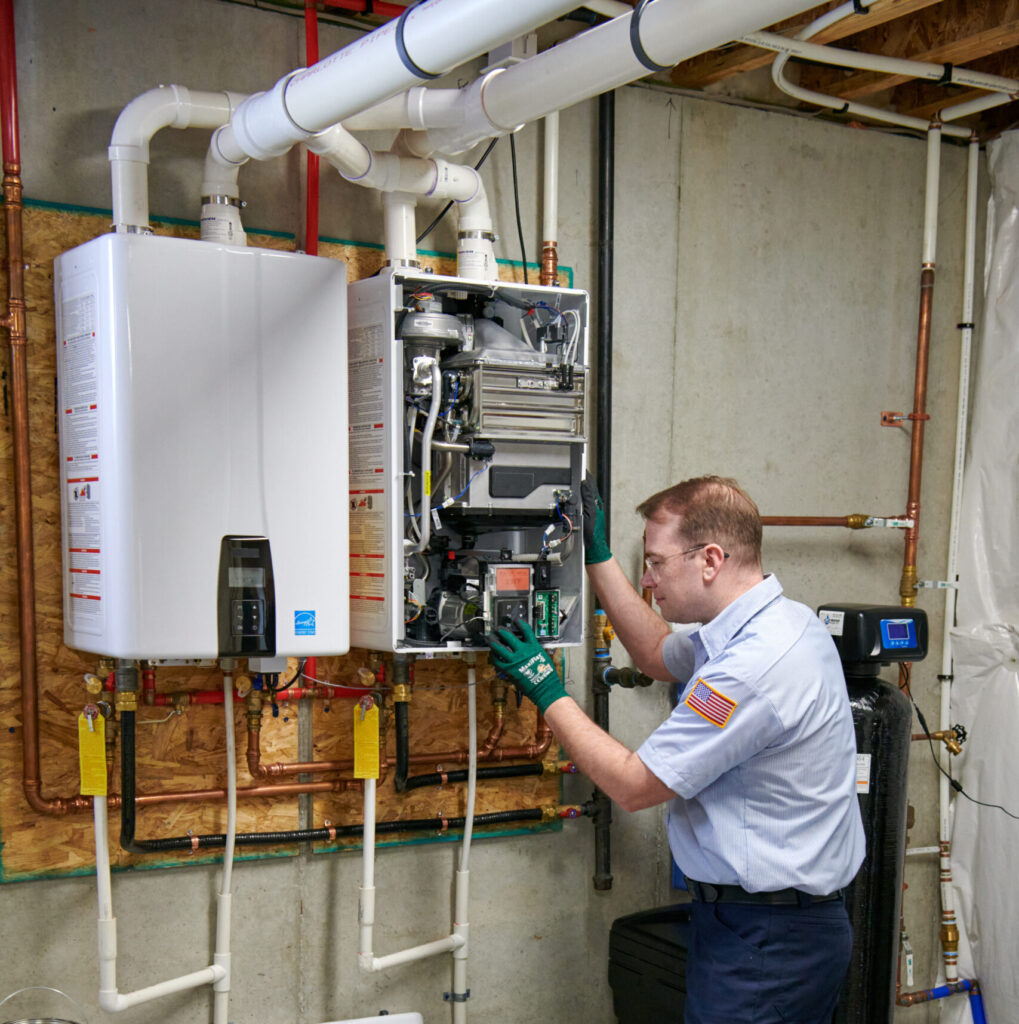
An important factor to consider is whether your household requires a high flow rate. With a high flow rate in place, your water heater can provide hot and cold water to multiple fixtures simultaneously.
Gas tankless water heaters, conversely, can be more energy-efficient and cost-effective over their expected lifespan, which can extend up to 20 years or more.
They can heat water faster and usually offer a higher flow rate, ensuring that the incoming water is heated more efficiently and can handle higher demands of water flow.
Your choice between an electric vs gas tankless water heater should consider the type of water heater that aligns with your household’s water usage, the availability of gas pipes, and your energy efficiency goals.
To guarantee proper connection with hot and cold water pipes, it is crucial to have a professional handle the installation of any water heater. This system should also operate within the safe parameters of your home’s infrastructure.
Does A Tankless Water Heater Need An Expansion Tank?
Whether or not a tankless water heater needs an expansion tank depends on your plumbing system's setup and local building codes.
Generally, if you have a closed plumbing system that includes a check valve or backflow preventer, an expansion tank might be necessary to accommodate pressure fluctuations and protect your system from thermal expansion.
How Often Should You Drain A Tankless Water Heater?
Draining your tankless water heater should typically occur once a year to remove mineral build-up and maintain its efficiency. This regular maintenance can extend the lifespan of your unit and ensure it operates at peak performance.
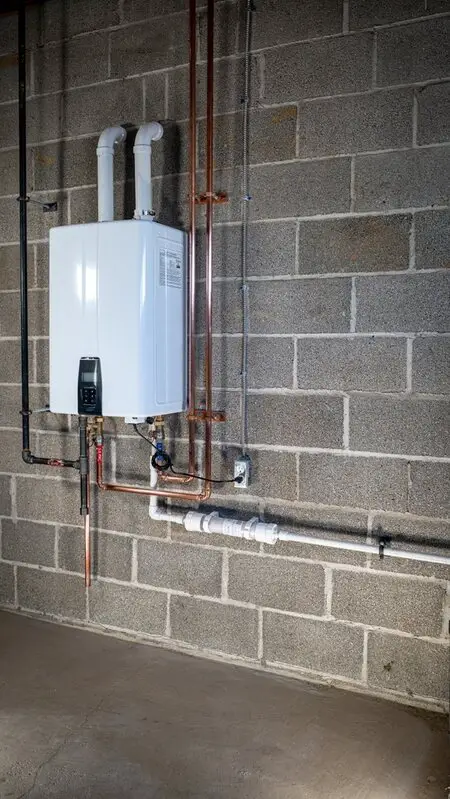
How To Drain A Tankless Water Heater In 8 Steps
Draining a tankless water heater is an important maintenance task. Here’s how to do it:
- Turn off the power to your water heater
- Close the water valves
- Connect a hose before you begin draining your system
- Open the drain valve
- Flush the system
- Disconnect the hose and close the drain valve
- Open the water valves
- Turn the power back on for your tankless water heater
Schedule Your Tankless Water Heater Upgrade With Anthony Plumbing, Heating, Cooling & Electric
Ready to enjoy the benefits of a new tankless water heater? Contact Anthony Plumbing, Heating, Cooling & Electric today at (913) 298-0444.
Our team can help you choose the perfect unit for your home, install it seamlessly, and ensure you have reliable hot water for years to come.
Schedule your upgrade and experience the professional service and top-quality products we offer.




